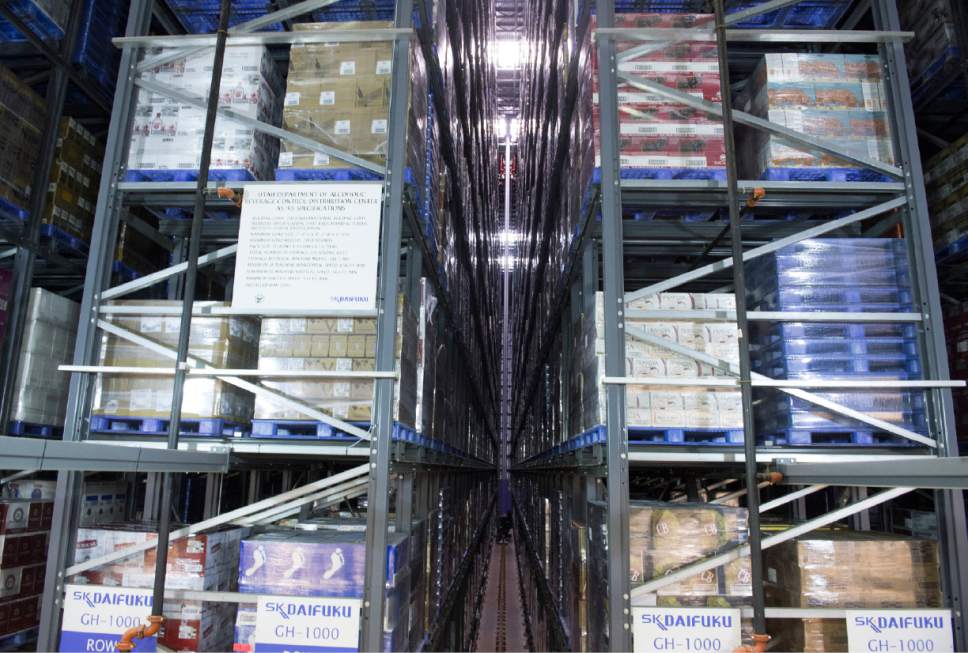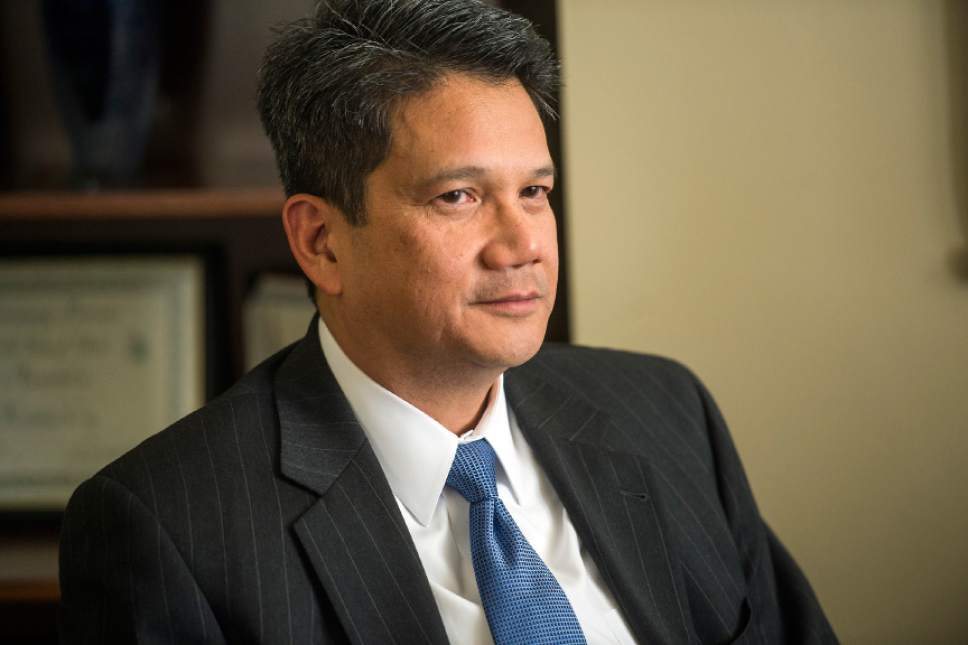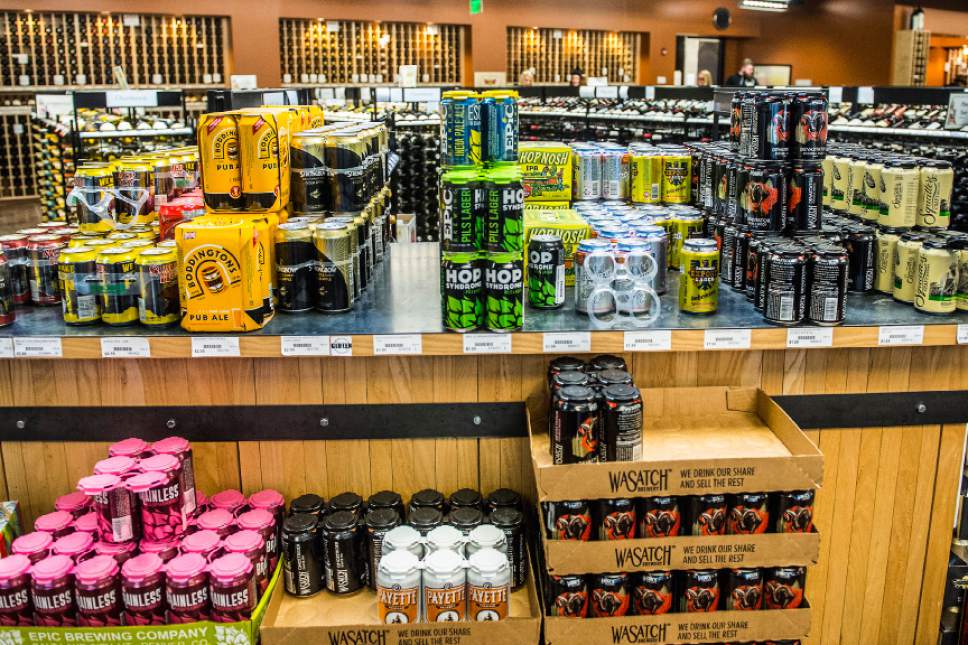This is an archived article that was published on sltrib.com in 2017, and information in the article may be outdated. It is provided only for personal research purposes and may not be reprinted.
Employee workload at Utah's state-owned liquor stores has increased 22 percent over the past three years, yet average pay remains 13 percent below retail salaries in the private sector, the director of the Utah Department of Alcoholic Beverage Control (DABC) told lawmakers on Tuesday.
While technology has made some storage and delivery systems more efficient, "at some point there needs to be an investment in the department," Sal Petilos told members of the Business, Economic Development and Labor Appropriations committee.
The DABC asked that an additional $1.1 million be added to its base budget next year. That would allow the department to hire 20 full-time (or equivalent part-time) employees and give raises to current workers. It's just the first budget request the DABC is expected to make in the coming weeks.
Petilos said the DABC calculates workload based on the number of employee hours it takes a bottle to be stored in the warehouse, shipped, stocked and sold at a liquor store. Three years ago the "bottle-per-work-hour" ratio was 59. In 2016, it had jumped to 72; the department expects it to increase next year to 86.
"Sixty to 65 bottles per man hour is what we'd like to see," DABC Deputy Director Cade Meier told the committee during the presentation. The lower ratio allows managers to complete other necessary duties at the stores.
While workload has increased, pay for liquor store employees remains below the average for retail outlets in the private sector. The average full-time employee makes $11.18 per hour, while average part-time pay is $9.50 per hour, Petilos said.
Sen. Jacob L. Anderegg, R-Lehi, asked why the state remains in the distribution business, when it's something the private sector could likely do better. "Government can never adjust and respond as quickly as the private sector," he said.
Numbers show that the DABC brings in enough money to pay for the $1.1 million funding increase requested. Between July 1, 2015, and June 30, 2016, liquor sales brought in a record $405.9 million, excluding sales taxes. That's a 7.8 percent jump from 2015, when annual sales were $376.2 million.
The DABC keeps about $46.6 million, or about 11 percent of the revenues, to cover operating costs. But under Utah law, the rest of the money must be returned to the state, including $104.03 million to the general fund, $40.64 million to Utah's school lunch program, more than $4 million to the State Bureau of Investigation for liquor-law enforcement efforts, and $2.19 million to an education program that works to prevent underage drinking.
The DABC also collected $21.74 million in sales taxes, which are split with cities and counties.







